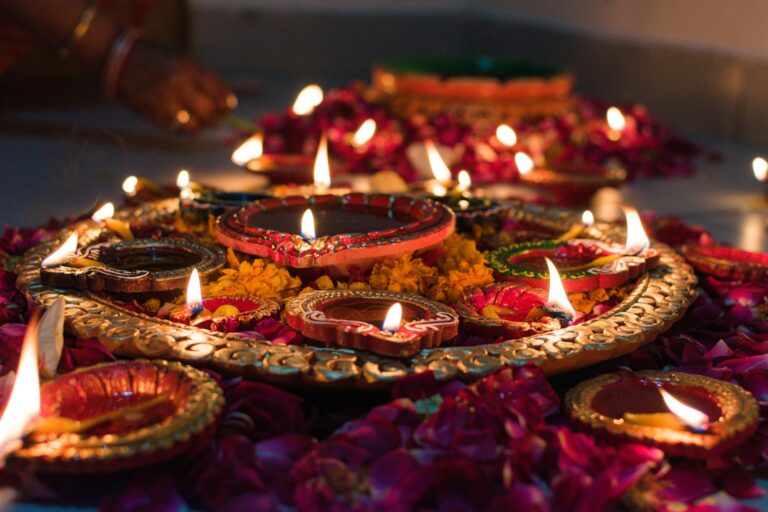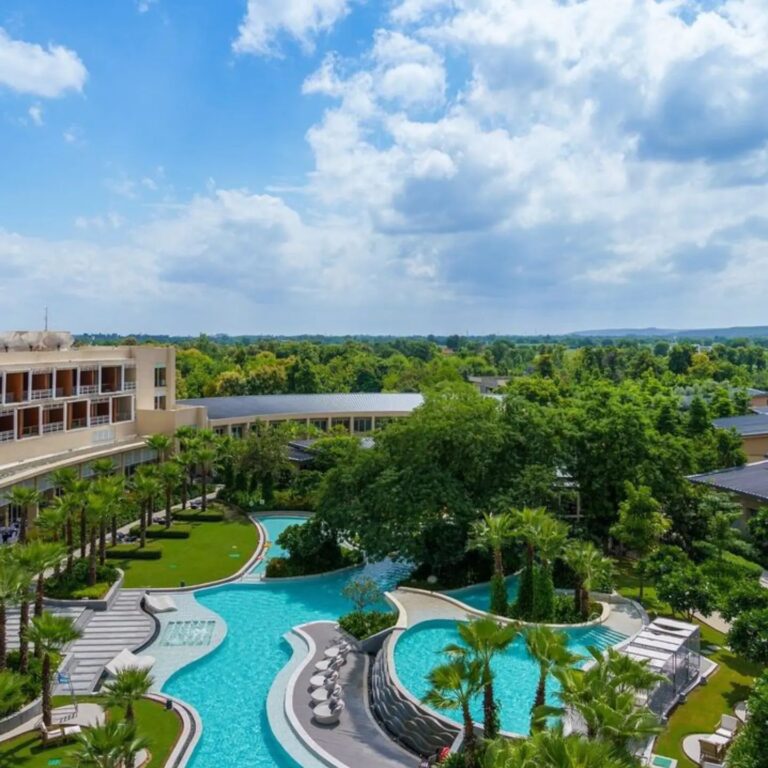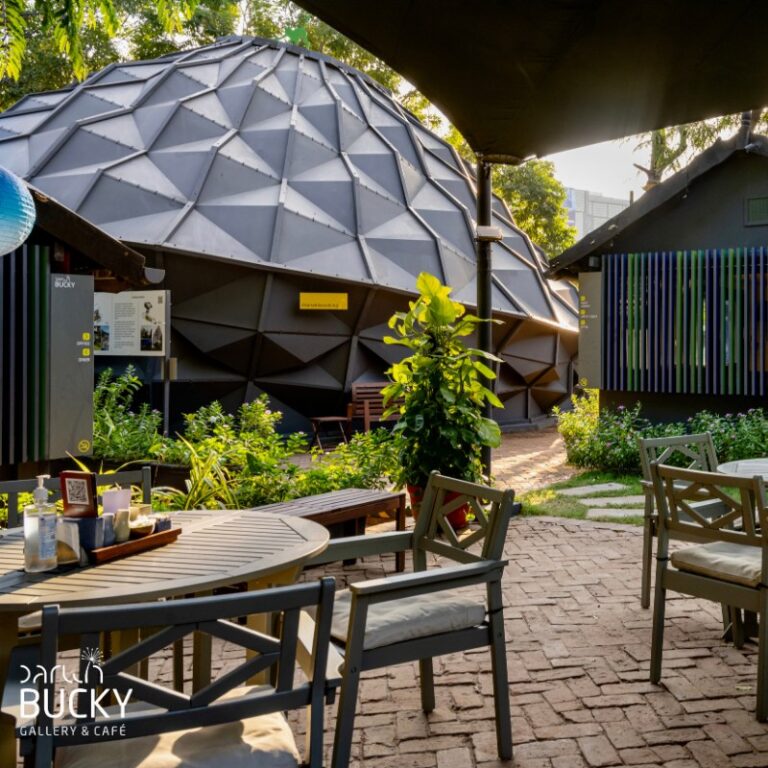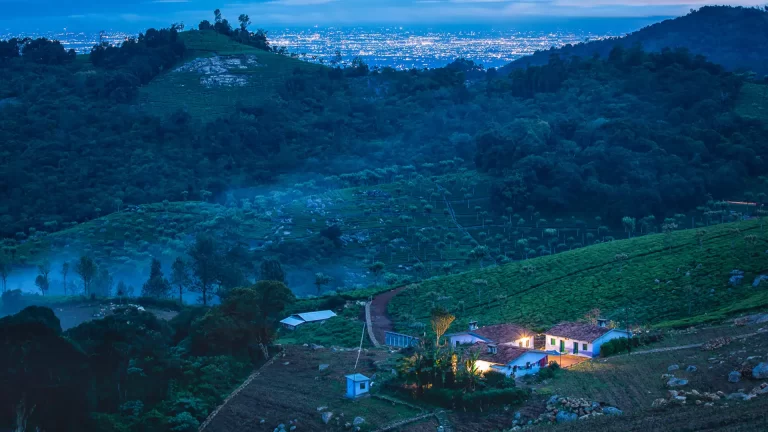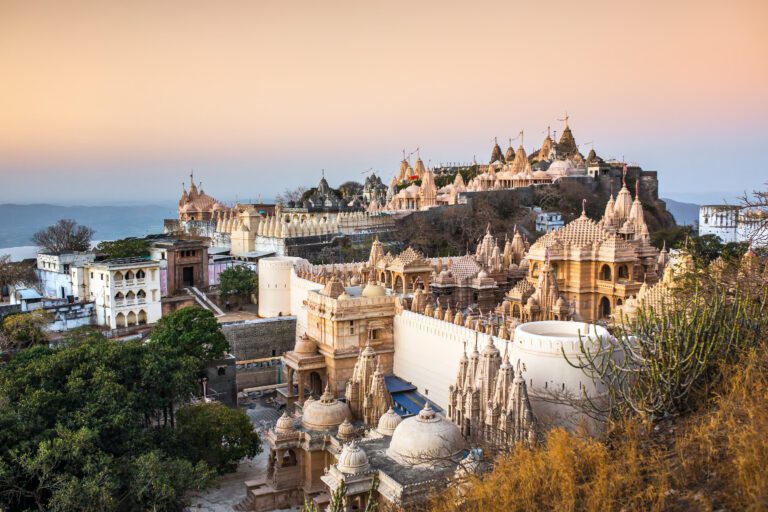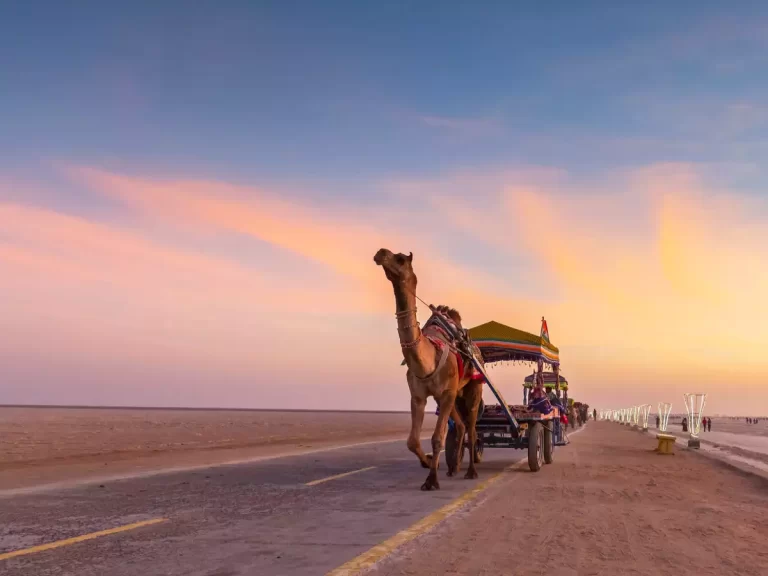Mountaineering is a thrilling and challenging adventure sport that demands physical fitness, mental toughness, and a deep appreciation for nature’s rugged beauty. For those passionate about scaling new heights, a basic mountaineering course (BMC) in India offers the perfect introduction. This blog will guide you through everything you need to know about embarking on this adventurous journey.
Why Choose a Basic Mountaineering Course?
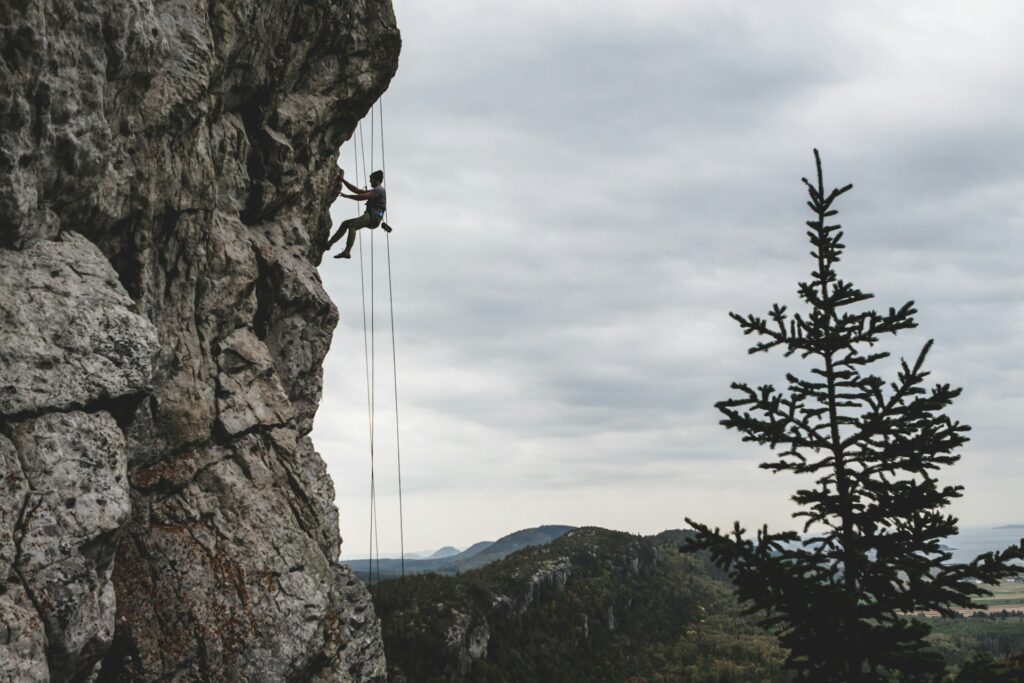
A Basic Mountaineering Course is designed to equip aspiring mountaineers with essential skills and knowledge. It covers various aspects of mountaineering, including rock climbing, ice craft, snow craft, high-altitude trekking, and navigation. Completing a BMC not only enhances your technical skills but also builds confidence and prepares you for advanced courses and expeditions.
Top Institutes Offering Basic Mountaineering Courses in India
Several prestigious institutes in India offer comprehensive basic mountaineering courses. Here are some of the top options:
1. Himalayan Mountaineering Institute (HMI), Darjeeling
- One of the oldest and most renowned mountaineering institutes in India.
- Offers a 28-day BMC program.
- Focuses on both theoretical and practical training.
2. Nehru Institute of Mountaineering (NIM), Uttarkashi
- Known for its rigorous training and experienced instructors.
- Offers a 28-day BMC program.
- Emphasizes survival techniques and self-sufficiency.
3. Jawahar Institute of Mountaineering and Winter Sports (JIM & WS), Pahalgam
- Offers a 28-day BMC program.
- Provides training in beautiful and challenging terrains.
4. Atal Bihari Vajpayee Institute of Mountaineering and Allied Sports (ABVIMAS), Manali
- Offers a 26-day BMC program.
- Known for its experienced faculty and diverse training areas.
Also Read: 15 beautiful monsoon treks in Maharashtra from mumbai
How to Apply for a Basic Mountaineering Course
Here’s how to apply for a Basic Mountaineering Course (BMC) in India:
1. Research and Choose Your Institute
- Explore options: Look into the Himalayan Mountaineering Institute (HMI), Nehru Institute of Mountaineering (NIM), Jawahar Institute of Mountaineering (JIM & WS), and Atal Bihari Vajpayee Institute of Mountaineering and Allied Sports (ABVIMAS).
- Consider factors: Think about the location, best time of year, and course structure. Check reviews and talk to past participants if possible.
2. Check Eligibility
- Age and fitness: Courses are usually open to individuals aged 16 to 40. Ensure you’re in good physical shape with regular cardio, strength training, and flexibility exercises.
- Mental readiness: Mountaineering requires mental toughness as well.
3. Fill Out Your Application
- Visit the institute’s website: Download the application form.
- Gather documents: You’ll need ID proof, a medical fitness certificate, and passport-sized photographs.
- Complete the form: Fill out all required fields carefully.
4. Submit the Application and Pay the Fee
- Submit your application: This can usually be done online or via mail.
- Pay the fee: Fees range from INR 15,000 to 25,000, covering training, accommodation, and meals.
5. Prepare for the Course
- Get fit: Focus on cardiovascular fitness, strength training, and flexibility exercises.
- Gear up: Institutes provide technical equipment, but you’ll need personal gear like trekking boots, warm clothing, and a backpack.
- Stay informed: Read up on mountaineering techniques, survival skills, and the training terrain.
By following these steps, you’ll be ready to start your mountaineering journey.
How to Train for BMC
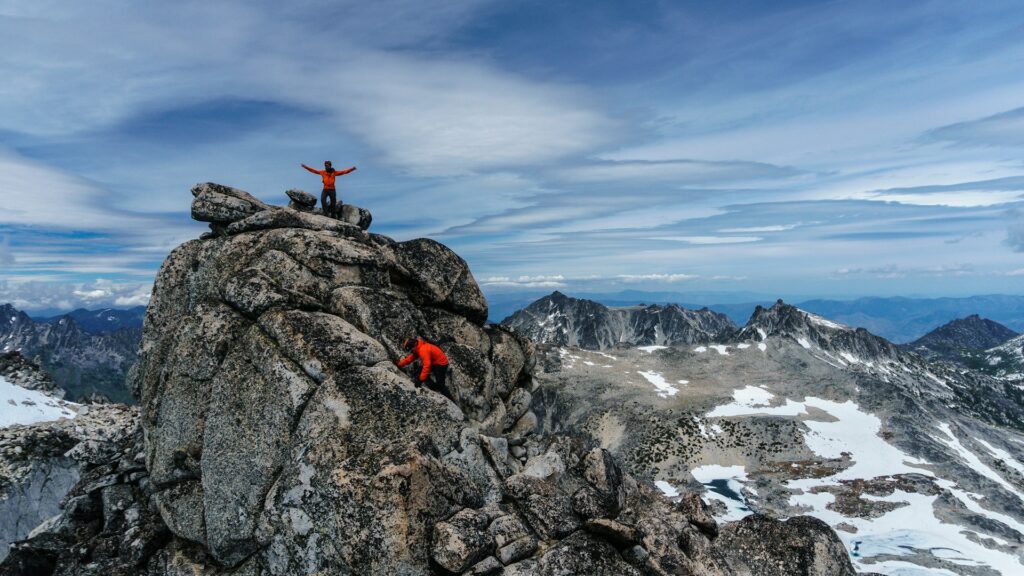
1. Physical Fitness: Mountaineering is physically demanding, so it’s crucial to be in top shape. Focus on building endurance, strength, and flexibility through:
- Cardio exercises: Running, cycling, and swimming
- Strength training: Weightlifting, bodyweight exercises, and core workouts
- Flexibility exercises: Yoga and stretching routines
2. Mental Preparation: Mountaineering challenges your mental toughness. Practice meditation, mindfulness, and stress-management techniques to stay calm and focused under pressure.
3. Skills Development: Basic mountaineering skills include:
- Rope work: Learn basic knots, belaying, and rappelling
- Climbing techniques: Practice rock climbing and bouldering
- Navigation: Understand how to use maps, compasses, and GPS devices
Based on what do they assess you?
Based on what do they assess you? Although it differs from institute to institute, the basic assessment criteria mainly focus on Rockcraft, Icecraft, Endurance, and a written test. There’s no need to prepare for any of these. Learning rock climbing techniques for Rockcraft is an added advantage, not a requirement.
Here is the complete criteria based on which they assessed us:
| Assessment Type | Marks Allotted |
|---|---|
| Written Test | 50 |
| Rockcraft | 20 |
| Icecraft | 20 |
| Endurance Test | 20 |
| Trekking | 10 |
| Survival Test | 10 |
| Teamwork | 5 |
| Mountain Manners | 5 |
| Director’s Assessment | 10 |
Prepare yourself mentally and physically, and get ready to embark on this thrilling journey into the world of mountaineering!
What a Day in the Basic Mountaineering Course Looks Like
Morning:
- 5:00 AM: Wake-up call
- 5:30 AM: Morning exercise (jogging, stretching, and strength training)
- 7:00 AM: Breakfast
- 8:00 AM: Theoretical classes (topics include mountaineering history, safety protocols, and equipment usage)
Afternoon:
- 12:00 PM: Lunch
- 1:00 PM: Practical training sessions (rock climbing, ice climbing, rappelling, and navigation)
- 4:00 PM: Group discussions and debriefs
Evening:
- 6:00 PM: Dinner
- 7:00 PM: Free time (personal study, relaxation, or socializing)
- 9:00 PM: Lights out
Conclusion
Embarking on a Basic Mountaineering Course in India is a transformative experience. It not only hones your technical skills but also instills a deep sense of discipline, resilience, and respect for nature. Whether you aspire to become a professional mountaineer or simply wish to challenge yourself, a BMC is the perfect starting point. So, lace up your boots, pack your gear, and get ready to conquer the mountains!
Frequently Asked Questions (FAQs):
What is the duration of a Basic Mountaineering Course?
The duration typically ranges from 26 to 28 days, depending on the institute.
What are the physical fitness requirements?
Candidates should have good cardiovascular endurance, strength, and flexibility. Regular exercise and training are recommended prior to the course.
Do I need prior experience in trekking or climbing?
Prior experience is not mandatory but can be beneficial. The course is designed for beginners.
What gear and equipment are required?
Institutes usually provide technical equipment. Personal gear such as trekking boots, warm clothing, and a backpack are essential.
What are the job prospects after completing a BMC?
Completing a BMC opens doors to advanced mountaineering courses and certifications. It can lead to careers in adventure tourism, guiding, and expedition planning









